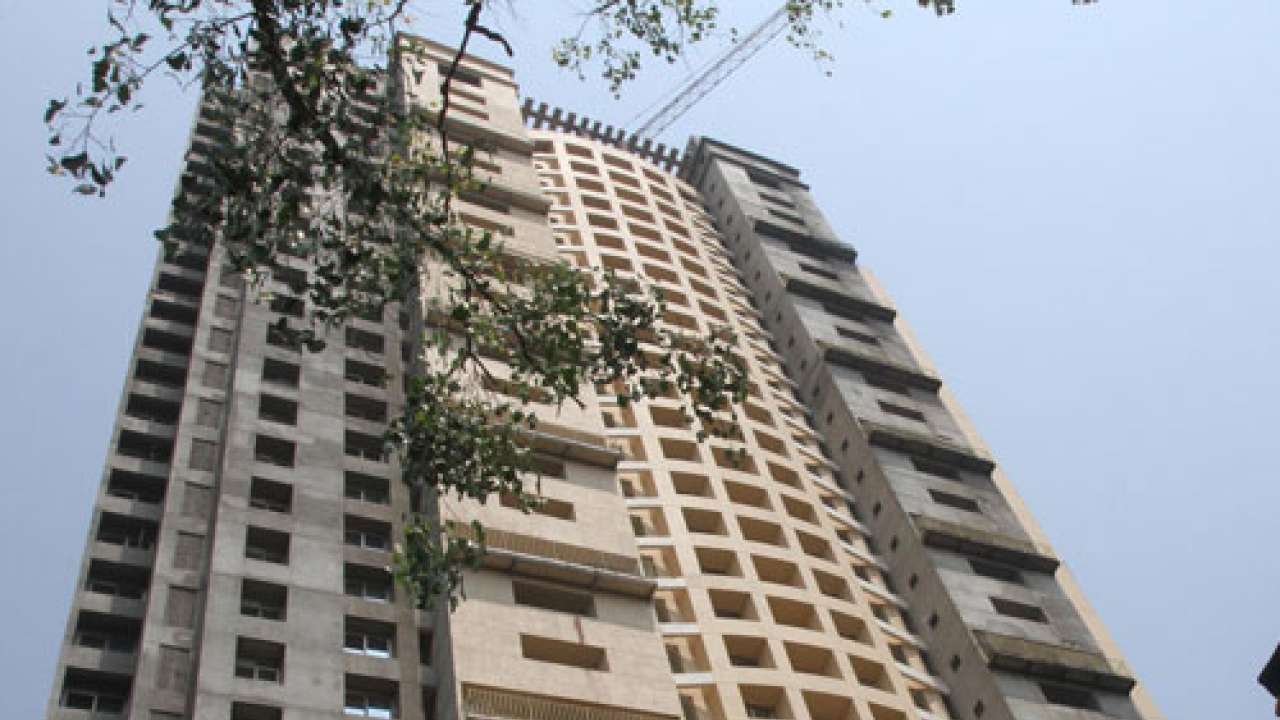
Rahul Gandhi has taken a dim view of the Maharashtra government’s decision to deny sanction to the CBI for prosecuting public servants involved in the Adarsh scam. The beneficiaries of this dubious move to refuse permission to the CBI included former Chief Minister Ashok Chavan. The current CM Prithviraj Chavan had said he would ask the state Cabinet to review the earlier decision. The Cabinet on Thursday gave a clean chit to Union Home Minister Sushilkumar Shinde, late Congress CM Vilasrao Deshmukh, former CM Shivajirao Nilangekar and two NCP ministers, while Ashok Chavan is likely to face the music.
The villain of the piece in turning down the request for sanction was not Governor Sankaranarayanan, but the state government. There was widespread protest earlier against the Governor’s decision as if it was his brainwave to somehow protect the accused politicians involved in the sordid episode. It is a moot question whether the Governor can apply his own mind when the Cabinet puts up such an unethical and controversial proposal. The predominant legal view is that, willy-nilly, the Governor had to go by the Executive’s decision. The last time the subject came up for public discussion was when UP Governor TV Rajeswar bailed out Mayawati about a decade ago. But then the Governor obtained the opinion of the Solicitor General and took shelter under it. The popular feeling then was that this was a political decision sought to be buttressed by questionable legal counsel. Whatever be the truth, this is a hazy area which requires enormous research to arrive at a conclusion on whether the Governor’s decision is justiciable or not. If it is not subject to judicial review, woe to the cause of probity in public life, particularly because gubernatorial appointments in post-Independence India are doled out purely on the political acceptability of each candidate — a common practice among all political parties.
The question foremost in my mind is whether the Maharashtra government is correct in responding to an off-the-cuff remark by Rahul. Even conceding that in such matters, it is crass politics that dictates government moves, the point is how the courts will react to the reversal of a Cabinet decision. It is against this backdrop that the notings in the relevant government file assume importance. For the decision to deny sanction for prosecution of Ashok Chavan and other VIPs, the noting right from the bottom must have highlighted the infirmities in the CBI case and how giving sanction for prosecution was untenable. The notings in all such cases begin with the humble and much harassed section officer. Now if the state government has to effect a volte face, it would require solid grounds to do so. For obvious reasons, the fresh noting cannot quote Rahul, who has no official position and, therefore, no authority to dictate to the state government. It will require extraordinary ingenuity on the part of the state bureaucracy to invent reasons why the CBI should be granted its request. Of course, I do not underestimate the IAS prowess in such matters.
The notings on the file concerned, both for denying prosecution and now for granting permission to prosecute, would make for highly interesting reading. The public has a right to read them and come to its own judgment. This should happen now itself and not after the trial comes to a conclusion years hence. Of particular interest is whether Governor Sankaranarayanan took any legal opinion before acceding to the state government’s highly dubious proposal.
I am more concerned with the view that the trial court would take on the flip flop. A courageous judge would ask for all the papers on the subject that are with the state government. It would also be naïve to expect the defence counsel not to demand such papers for arguing their case. In sum, a reversal of the state decision will not mean much for establishing probity in public life. It would actually help the accused, unless the judge takes the bold view that he would not take cognizance of the government’s first decision to deny CBI the request for sanction.
It is, therefore, a field day for persons in authority who want to protect those in high places accused of malfeasance. This is how a majority of state governments operate whenever their favourites are hauled up for corruption.
The writer is a former CBI Director